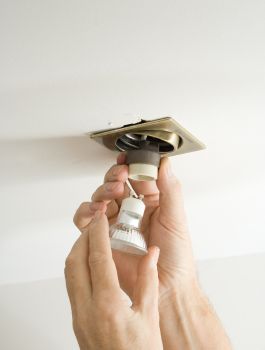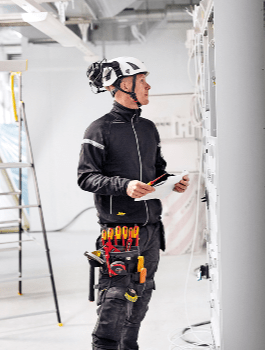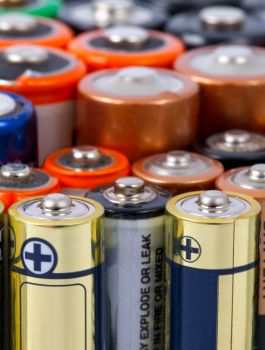NEW Smoke & Carbon Monoxide Alarm Legislation for Landlords
Blog
From the 1st October 2015, Landlords will be required by law to install Smoke Detectors & Carbon Monoxide Detectors in England.Summary of the Legislation: Why are these changes being made? Who is responsible for maintaining the alarms? Smoke Alarms , CO Carbon Monoxide Alarms and applicable batteries .
Posted on:
September 28, 2015
Last Updated on
September 28, 2015 14:47
by Matthew

 Hate
Hate
 Dislike
Dislike
 Neutral
Neutral
 Like
Like
 Love
Love





















